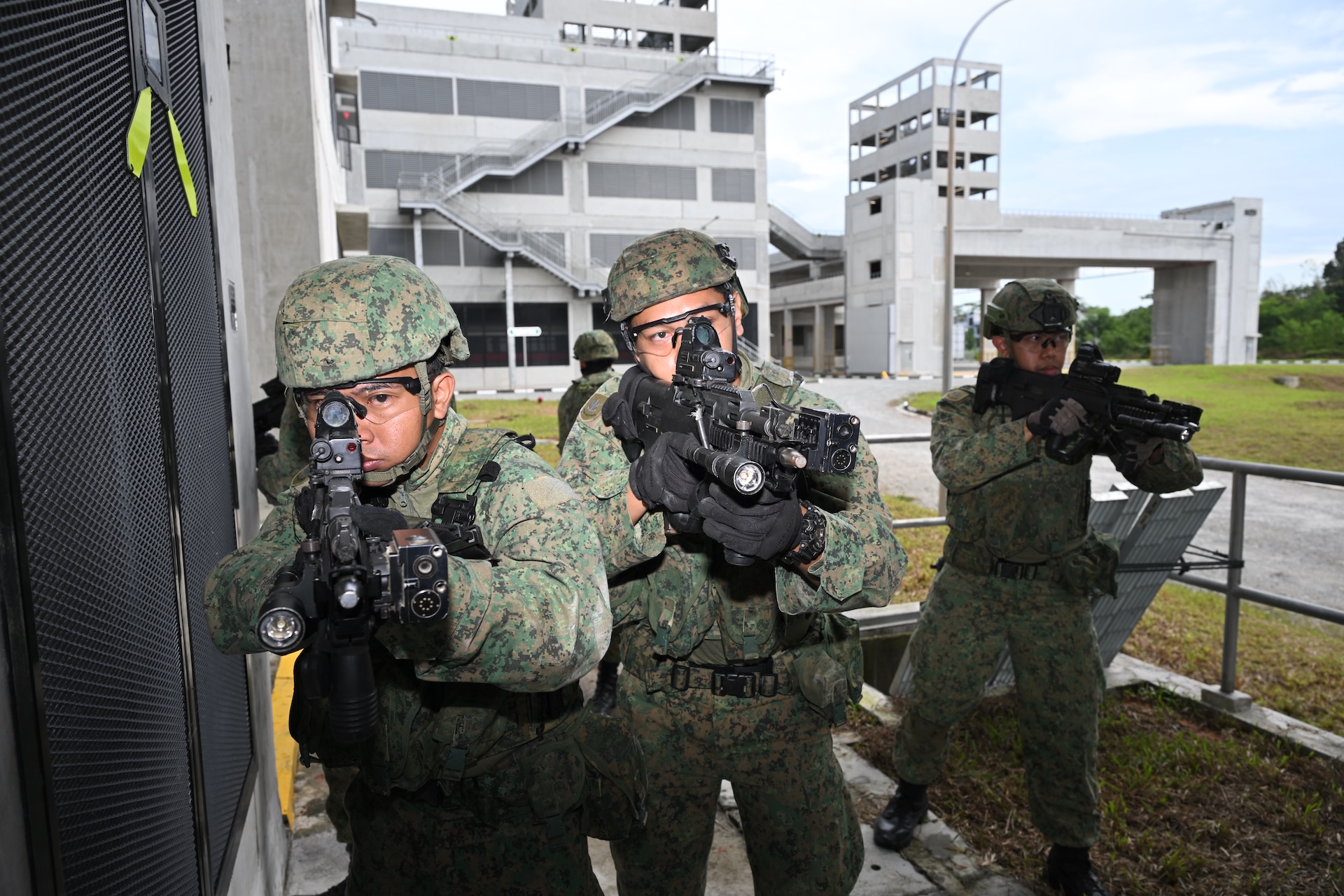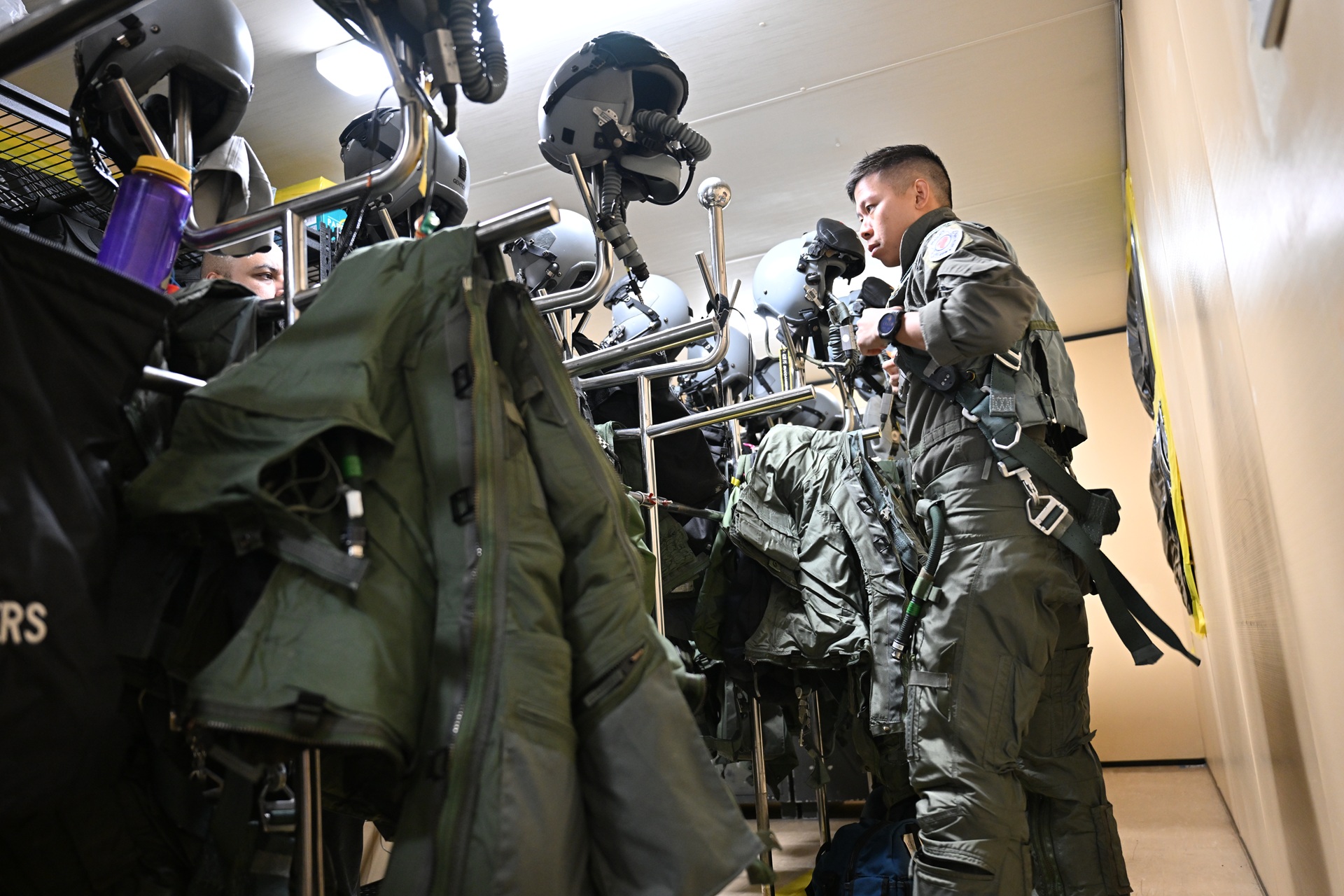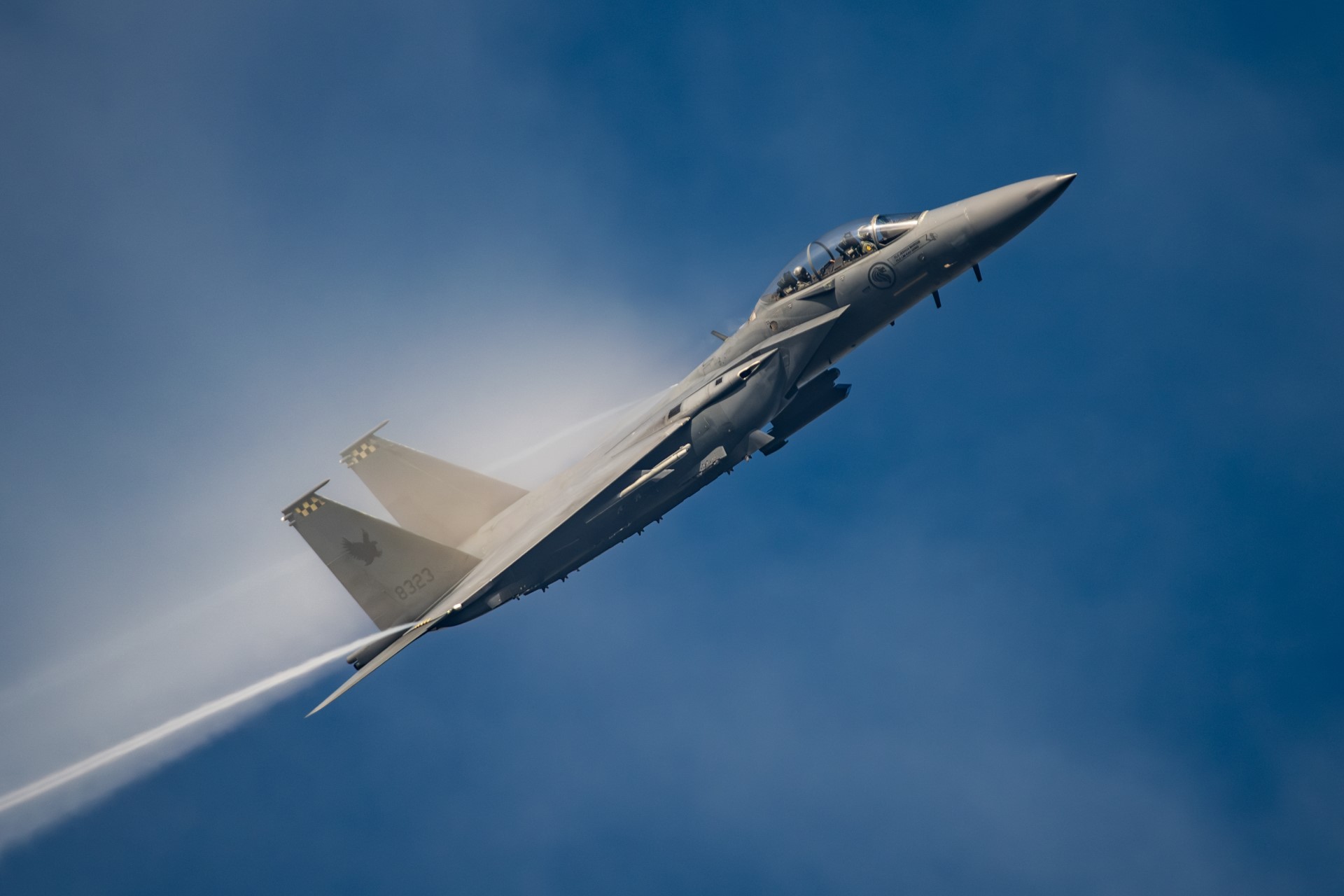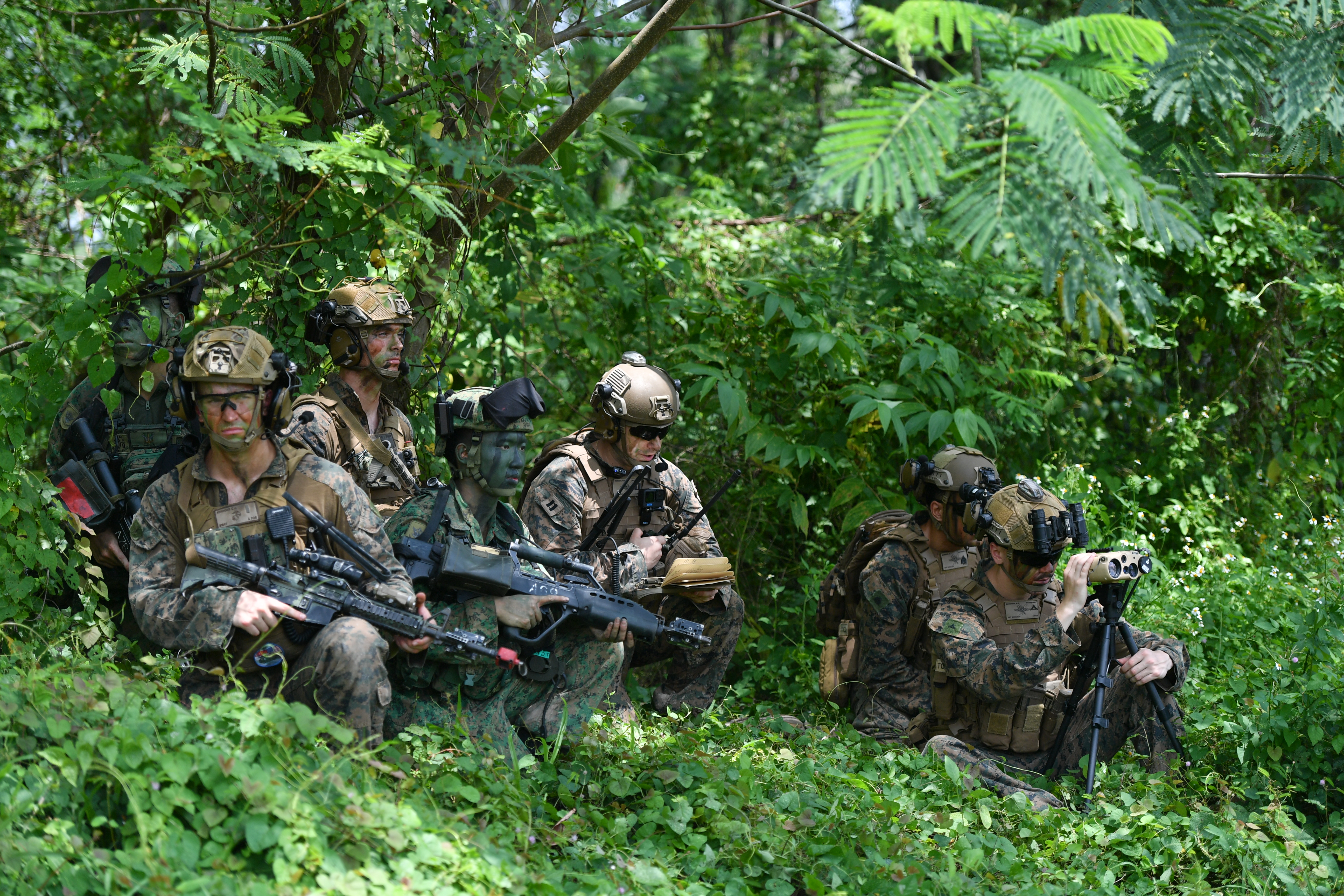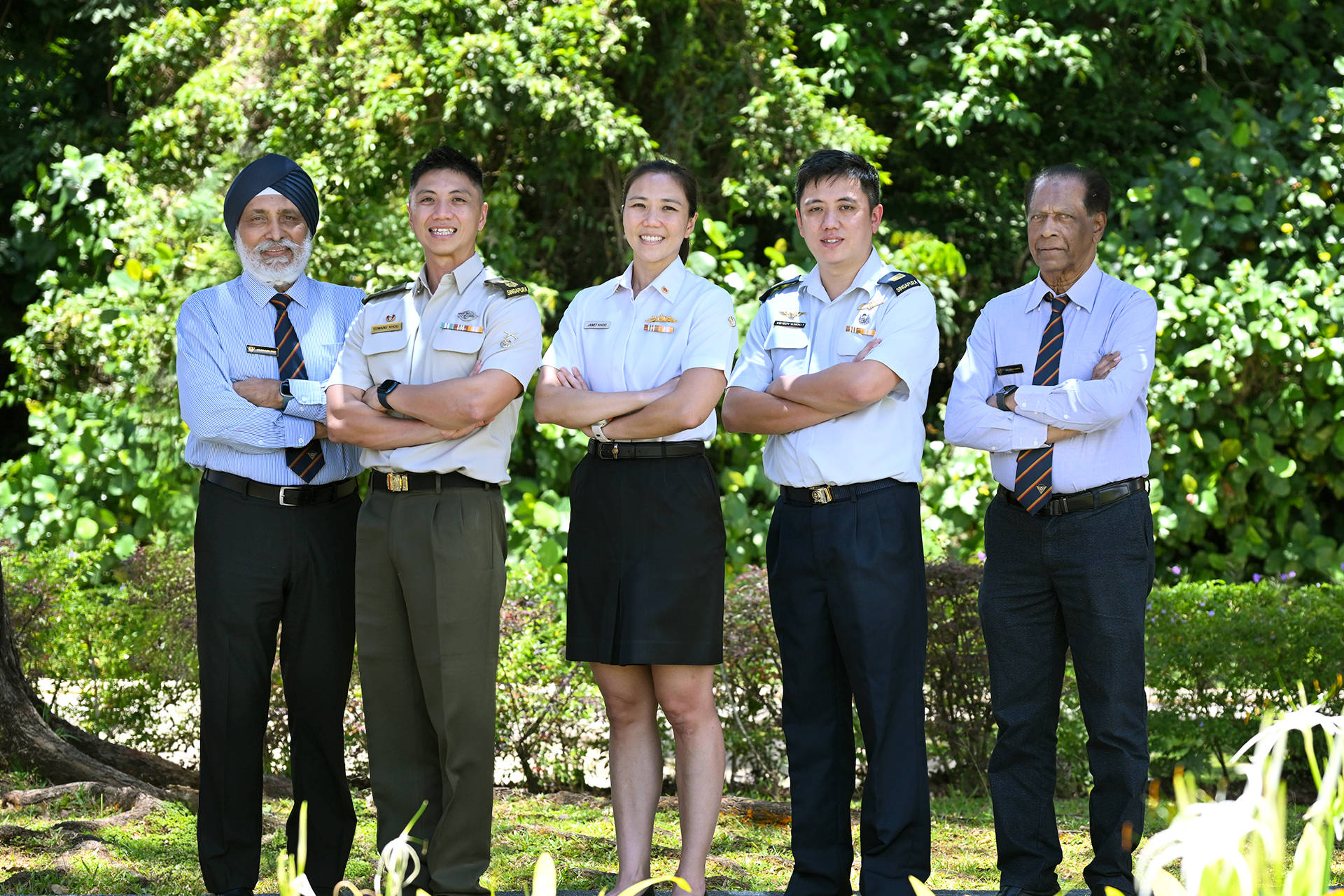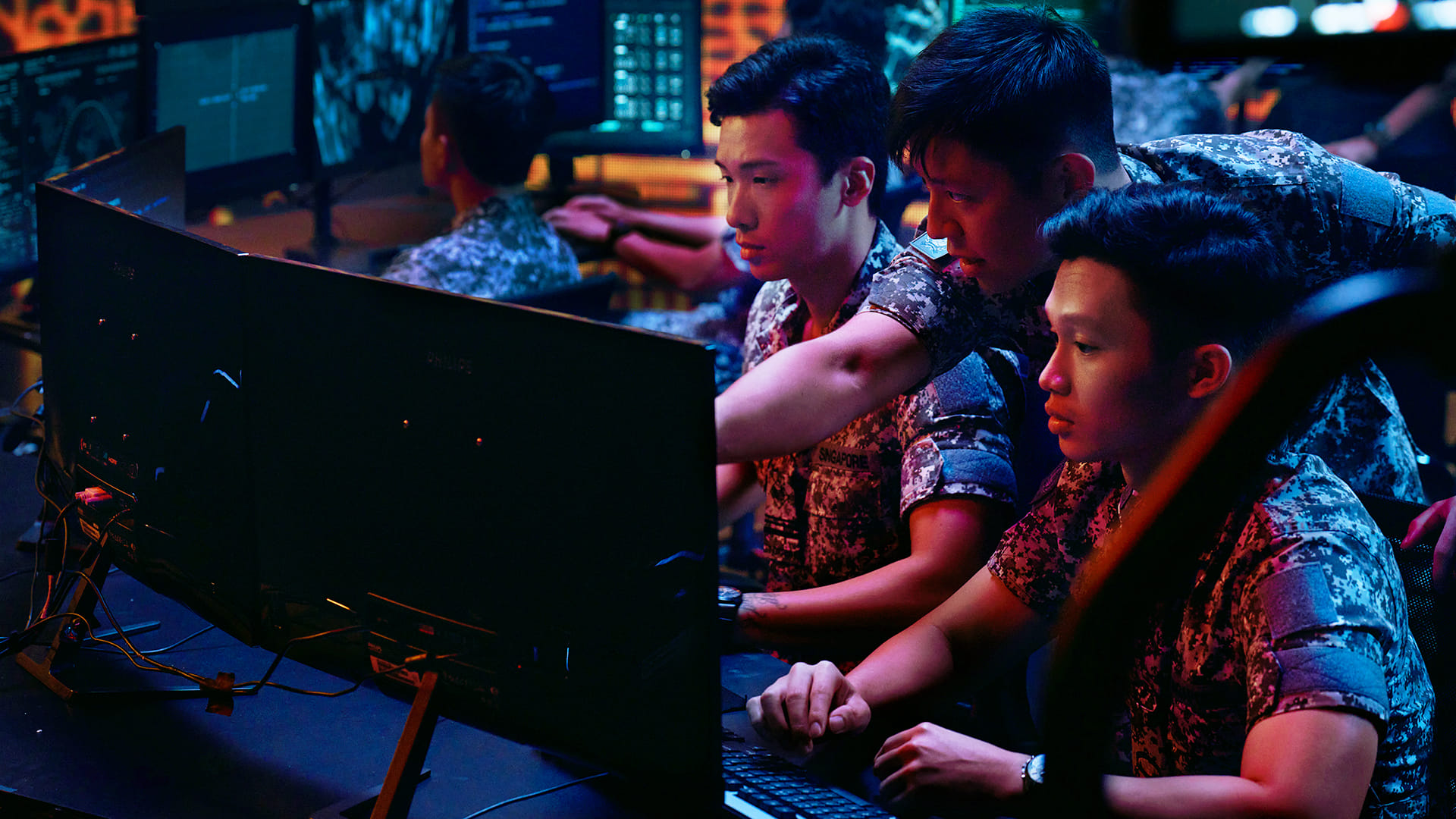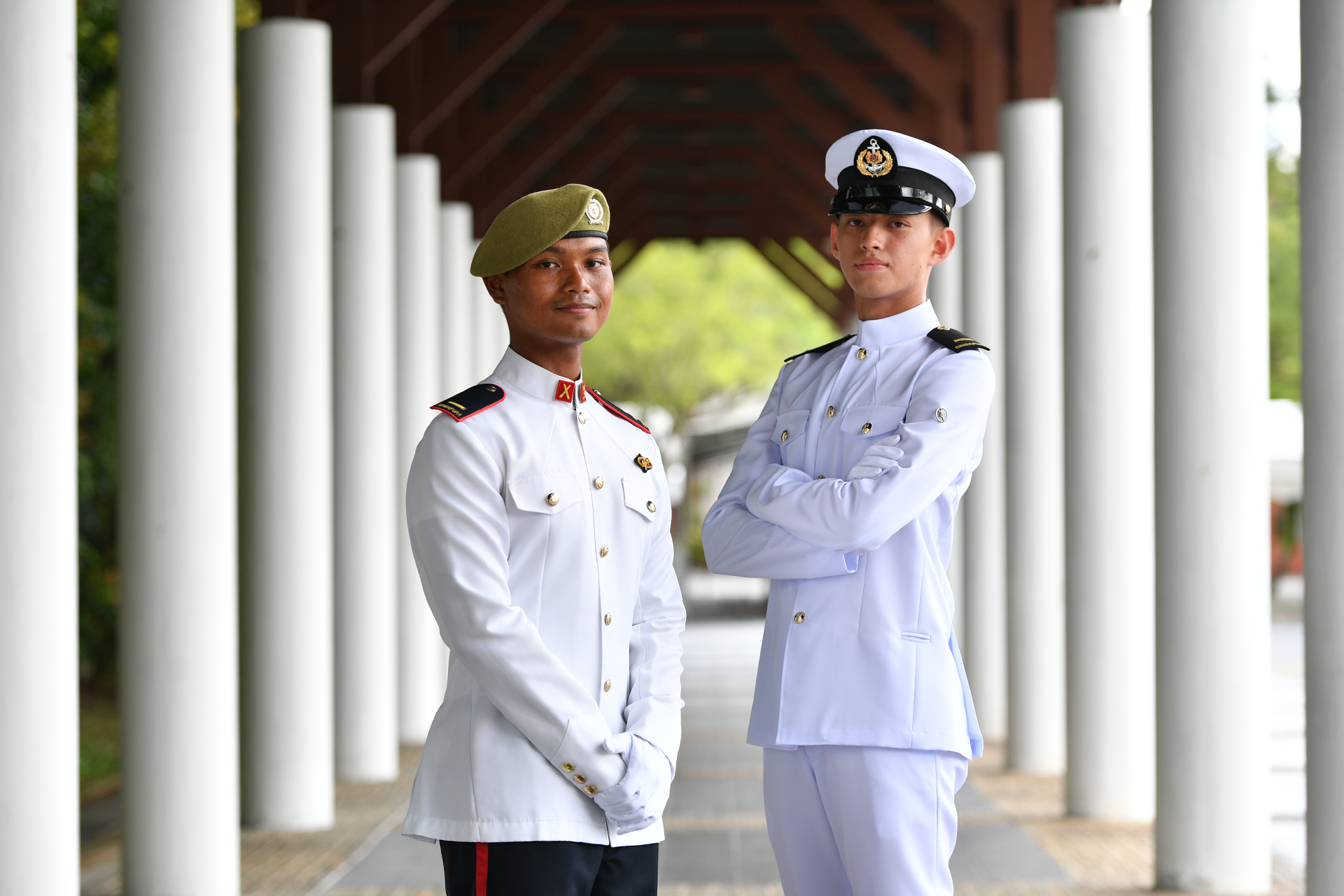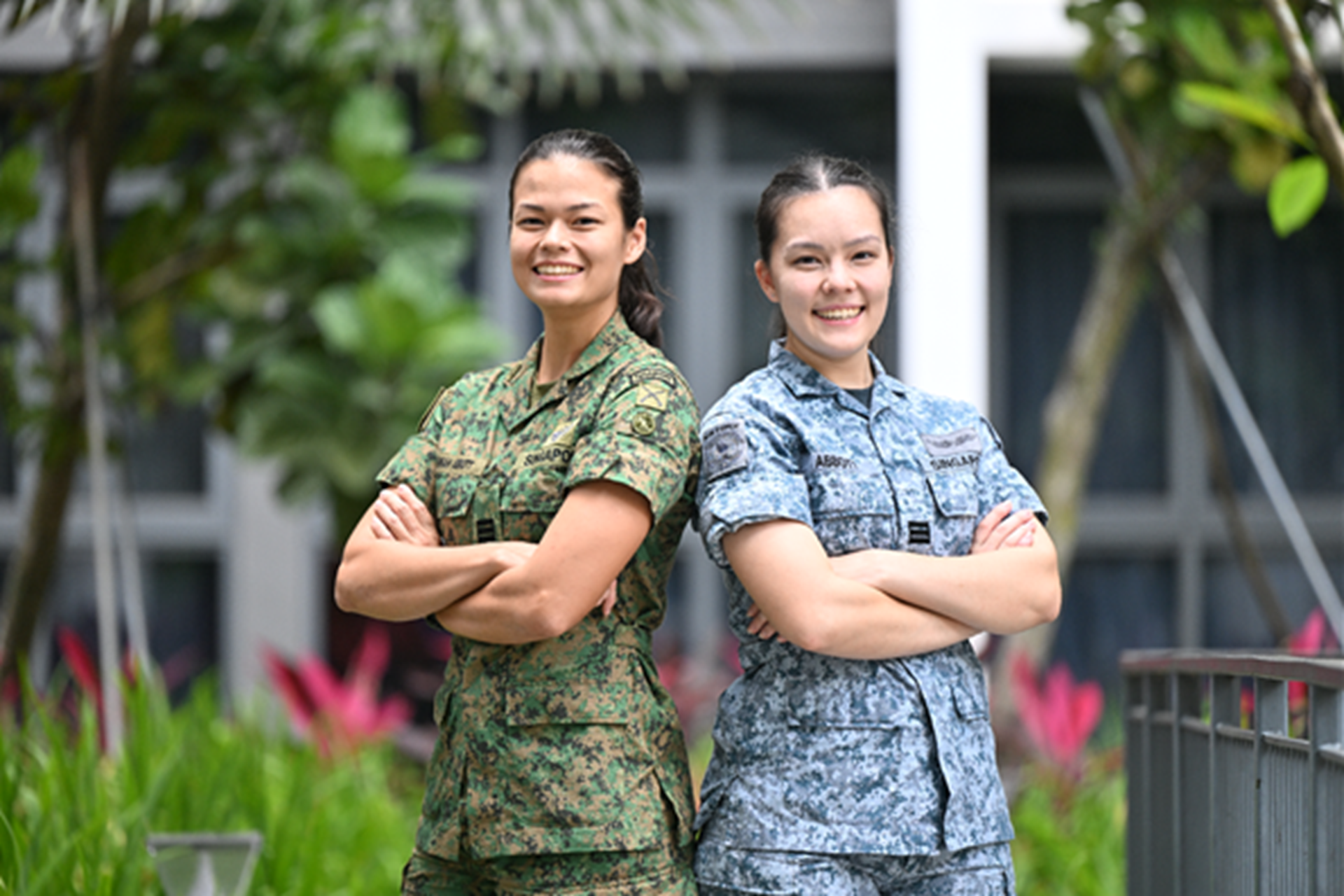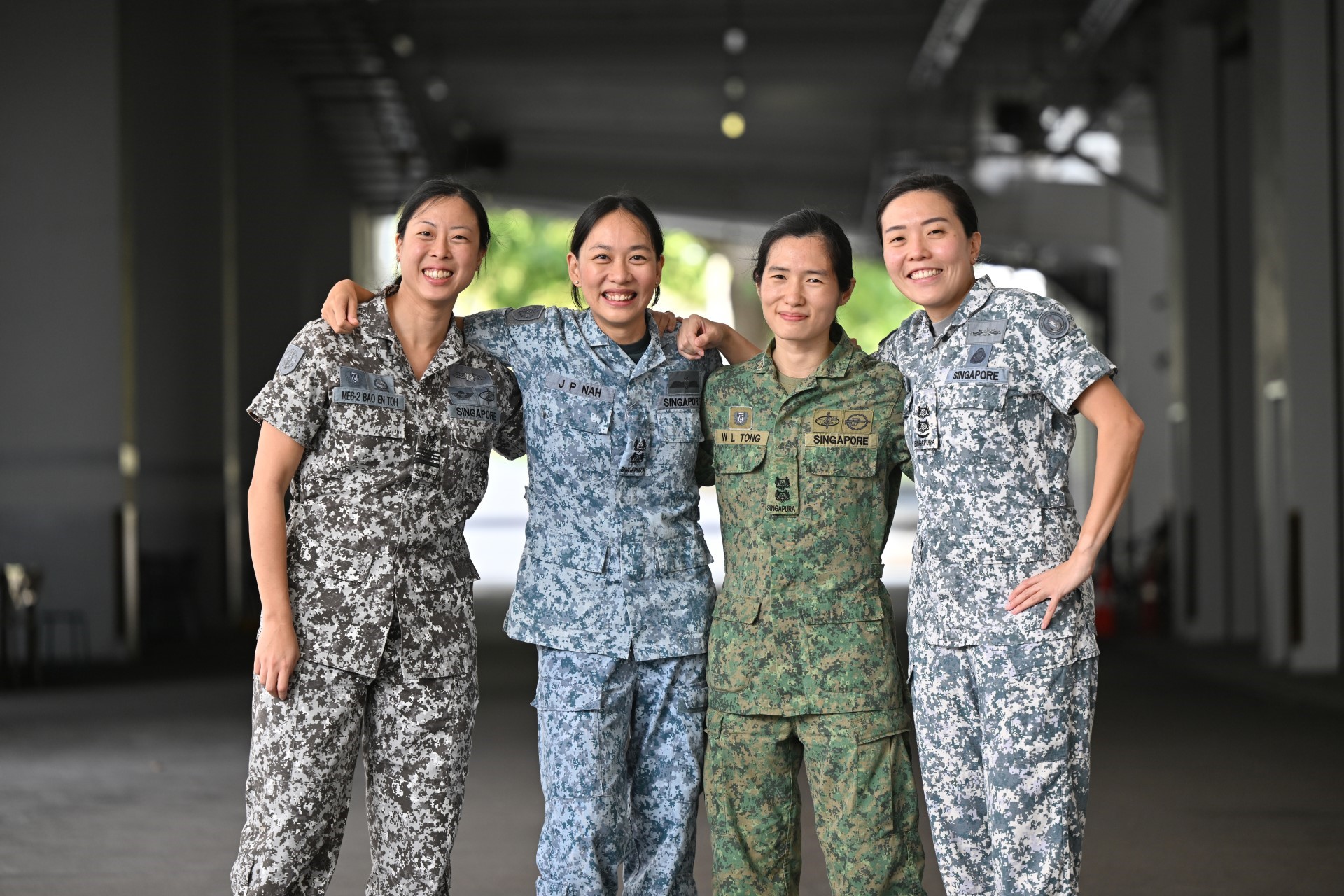SAF HOLDS INAUGURAL LEARNING SYMPOSIUM
PHOTO // Benjamin Lee
In today's complex and evolving security environment, the Singapore Armed Forces (SAF) needs an adaptive and strong learning culture to meet challenges arising from its expanded scope of operations.
This was the point made by Minister for Defence Dr Ng Eng Hen at the opening ceremony of the inaugural SAF Learning Symposium held at the SAFTI Military Institute on 28 Jun. Officiating at the event, Dr Ng said: "Our people must be well equipped with the necessary skill-sets to rapidly sense-make, learn and adapt to these complexities of our operating environment."
To that end, the SAF will need to make use of advanced training methods to create more efficient and effective training programmes for soldiers, he added.
At the ceremony, Dr Ng launched the LEARNet system, which allows trainees to quickly access learning resources through portable devices such as tablet computers. Content in LEARNet is designed to highlight key lessons quickly to make learning easier and more focused.
With the success of its pilot programme at four SAF training institutes in 2009, LEARNet will be progressively implemented across the SAF training community. The next phase of the programme will also broaden the system's library of knowledge to include topics such as individual skills and proficiencies as well as team-based war fighting competencies.
At the Officer Cadet School (OCS), these learning tools have enabled instructors to enrich the training curriculum and also reduce classroom time for the Officer Cadets (OCTs). "Even with the added curriculum, we were able to save about ten percent of classroom time and use it instead for experiential learning in the field, which is essential to the SAF," said Lieutenant Colonel David Yeo, Head of Training and Learning Systems Branch, Headquarters Training and Doctrine Command (TRADOC).
One of the cadets who benefited from LEARNet is Officer Cadet Sampson Lim, who is at the tail end of his Officer Cadet Course. "Self-directed learning through LEARNet means that I have training materials at my fingertips and can use the time to focus on key lessons which I might be weaker in," he said.
When asked what drove the learning transformation, Brigadier-General Benedict Lim, who is Commandant SAFTI MI, said: "Learning is a key pillar towards realising the 3rd Generation SAF. The soldiers coming into the SAF today have been exposed to whole new ways of learning and it is incumbent upon the SAF to introduce platforms which are comfortable to them."
Three institutional centres have been set up to coordinate the design and synchronisation of learning initiatives and programmes across the SAF. They are responsible for the transformation of learning systems; leading efforts to understand lessons which servicemen have learnt from operations; and preparing SAF leaders to operate in the changing and increasingly networked learning environment.
Themed Learning SAF, Thinking Warriors, the inaugural two-day SAF Learning Symposium features a series of presentations, plenaries and exhibitions on the future of training and learning relevant to the SAF.
The exhibition showcases learning innovations such as virtual reality systems for the training of maintenance crew in the Republic of Singapore Air Force, simulation systems for the training of ship engineers in the Republic of Singapore Navy, as well as new methods of instruction in the various SAF training institutes.
Ms Marta Bailey, one of the speakers at the symposium and senior advisor of the US Army TRADOC Headquarters, was impressed by the SAF's learning transformation efforts: "We have learnt a lot from what the SAF is doing, and we think that the SAF is probably on the cutting edge (of learning initiatives)."

